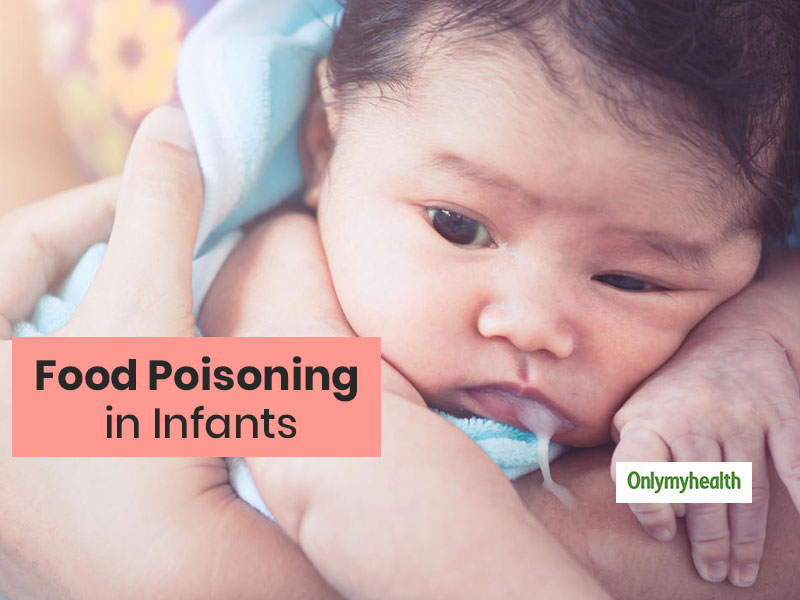
When we have a newborn baby at home, we certainly don't know what to do and how to do certain things. But, one thing that we should know is that a newborn child is as delicate as a feather. It requires proper care as their immunity is not that tough that they can fight illnesses caused due to germs, bacteria and virus. The result of this is a newborn child is most prone to several diseases, one of them being food poisoning. As compared to adults, the immune system of a newborn is nothing! One should know that if a child pukes after breastfeed, then it can undoubtedly vomit after eating anything or everything. The more careful we need to be when the child is introduced to semi-solid and solid foods after 6 months of complete breastfeeding. This is the time when the mother has to ensure that there are no germs around the food of the infant as infected food is one of the significant reasons for food poisoning in infants.

Dr Prabhjot Kaur Bajaj, Pediatrician, Max Multi Speciality Centre, Noida, explains, "Food poisoning is a type of gastroenteritis, which means infection of the intestines due to ingestion of uncooked/poorly cooked meat, chicken, seafood, eggs, cream and unhygienically handled food items. Food poisoning in kids is a lot like adults in term of symptoms, but there are few differences:
- Children less than 5 years have a higher chance due to poor immune systems
- Children have small stomach capacity, so they throw up early and are likely to get dehydrated faster.
- The acid in the stomach is less so less chance of breaking down the germs.
Also Read: Is It Safe To Make Babies Wear Diapers Daily? Know What A Pediatrician Has To Say
Symptoms Of Food Poisoning

If you see your child any of these symptoms mentioned below, then one must take the child immediately to a doctor for treatment and proper medication. The symptoms are as follows:
- Nausea
- Vomiting
- Stomach ache
- Cramps
- Loose motion
- Dehydration
- Headache and fever
Also, if you see the child is constantly irritable and there is no way that he/she stops crying, this can be an underlying reason of several gut-related health concerns, which should be reported to a doctor correctly. When it comes to infants, parents should consider maintaining a diary of what they had during the illness for a better understanding of the doctor. Also, must mention is the time for further diagnosis.
Precautions To Avoid Food Poisoning

Following are some precautions, which can certainly help control the chances of food poisoning in kids:
- Properly cooked food
- Proper washing of hands before prepping baby food and feeding the baby.
- Wash vegetables and fruits well
- Check that meat is fresh
Essential care tips for parents to follow for babies suffering from food poisoning:
- Ensure the child is well hydrated
- If excess vomiting or loose motion give ORS and consult a doctor
- Avoid giving dairy product
- Give symptomatic management for fever

Also Read: Newborn Care Tips For Parents: Treat Baby's First Fever With These Quick Tips
Parenting Tips: Dos & Dont's For Parents
Do's
- Ensure to give lots of fluids to the child. Coconut water, ORS, Rice Water, at short and frequent intervals.
- Seek Medical Help if
- The child is repeatedly vomiting
- Lethargic child
- Blood In stool
- High Fever
Don't's
- Avoid Dairy Products for a few days
- Avoid giving citreous fruits/oily food/vegetables based meals
With inputs from Dr Prabhjot Kaur Bajaj, Pediatrician, Max Multi Speciality Centre, Noida
Read more articles on New Born Care
Germs In Food Can Lead To Food Poisoning In Infants, Says Pediatrician Dr Prabhjot Kaur Bajaj, Source:http://www.onlymyhealth.com/germs-in-food-can-lead-to-food-poisoning-in-infants-says-pediatrician-dr-prabhjot-kaur-bajaj-1579332536